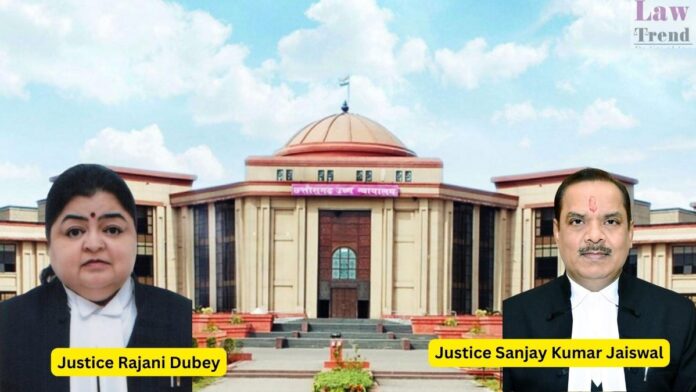In a landmark decision, the Chhattisgarh High Court upheld a compensation award of ₹10.37 lakh to the family of Smt. Pancho Bai Yadav, who died due to electrocution in her home in December 2017. The court dismissed an appeal by the Chhattisgarh State Power Distribution Company Limited (CSPDCL), reinforcing the principles of strict liability for
To Read More Please Subscribe to VIP Membership for Unlimited Access to All the Articles, Download Available Copies of Judgments/Order, Acess to Central/State Bare Acts, Advertisement Free Content, Access to More than 4000 Legal Drafts( Readymade Editable Formats of Suits, Petitions, Writs, Legal Notices, Divorce Petitions, 138 Notices, Bail Applications etc.) in Hindi and English.




